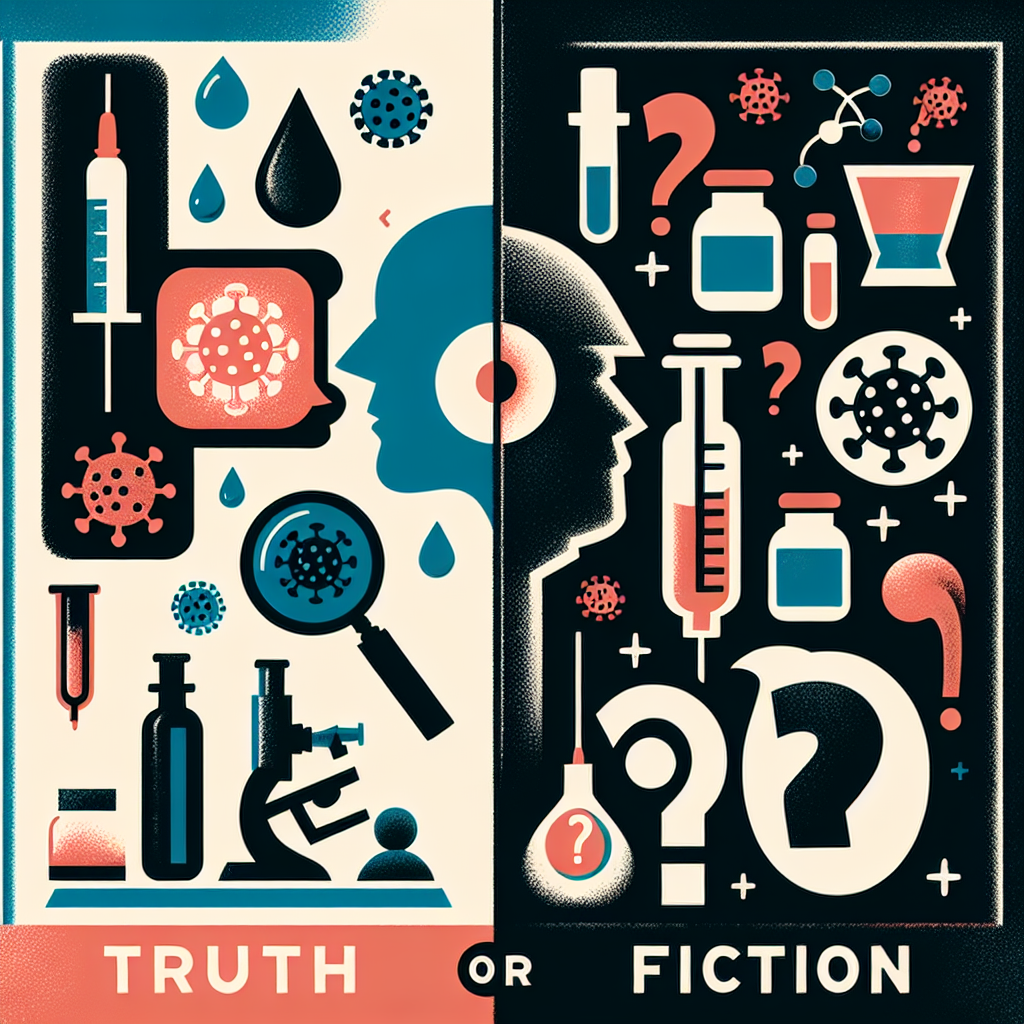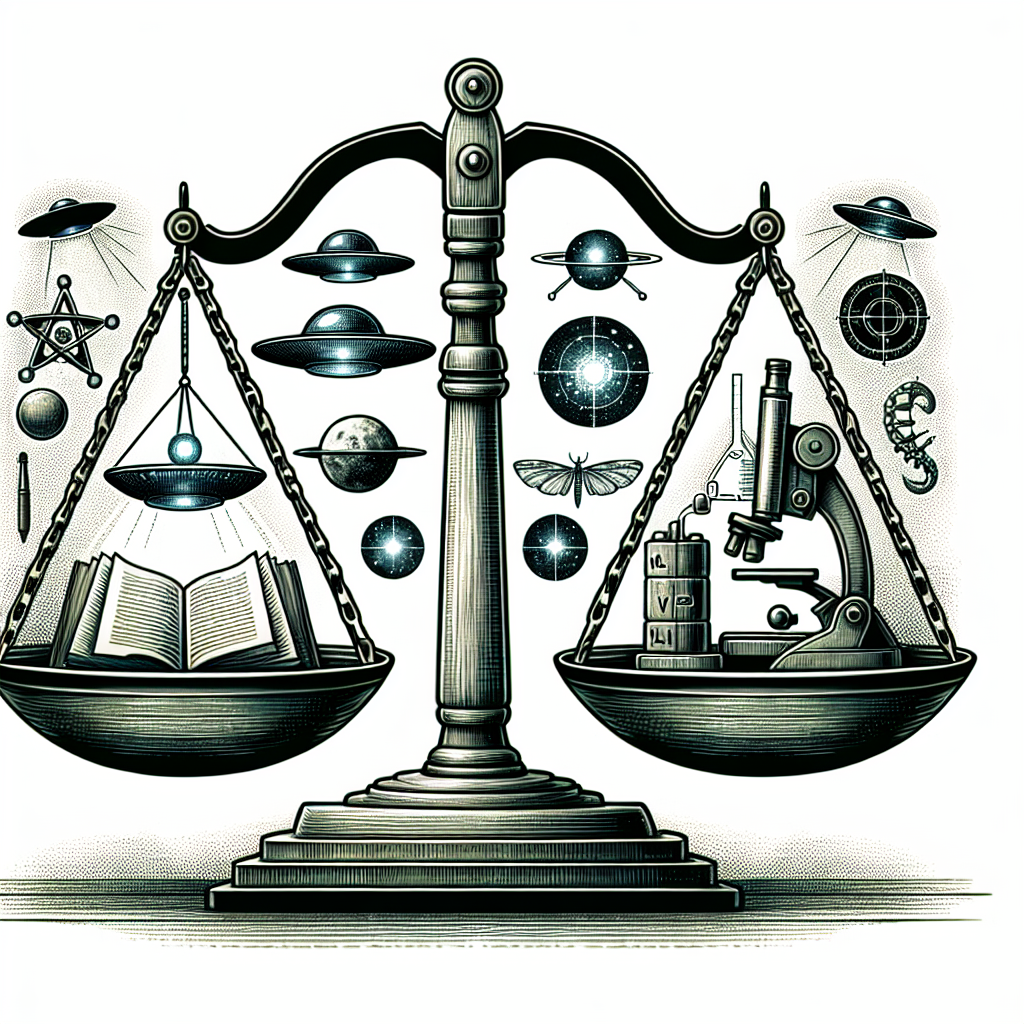The Great Vaccine Conspiracy: Truth or Fiction?
The concept of a vaccine conspiracy has captured the imaginations of many individuals around the globe, manifesting in numerous forms, from the belief that vaccines cause various ailments to accusations of governmental manipulation. This article aims to dissect the notion of the so-called great vaccine conspiracy, analyzing the origins, claims, and factual rebuttals while maintaining an objective viewpoint.
Historical Context of Vaccination
To understand the current discourse surrounding vaccine conspiracies, it’s essential to examine the history of vaccination itself. The practice traces back to ancient civilizations, with variolation, an early method of inoculation involving the introduction of material from smallpox sores into healthy individuals. The modern vaccine era began with Edward Jenner’s smallpox vaccine in 1796, laying the groundwork for subsequent innovations.
As vaccines evolved, so too did the perceptions surrounding them. Initially heralded as medical miracles capable of eradicating diseases like polio and measles, skepticism began to surface, particularly in the late 20th century.
Origins of Vaccine Conspiracy Theories
The rise of vaccine conspiracy theories can be attributed to several factors. Key among them is the advent of the internet and social media, which have created platforms for rapid information dissemination, but also for the spread of misinformation. Notable incidents, like the fraudulent study published by Andrew Wakefield in 1998, which falsely linked the MMR vaccine to autism, ignited distrust among parents and laid the foundation for ongoing fears about vaccine safety.
Common Claims of Vaccine Conspiracies
Numerous claims surround vaccine conspiracies, with some of the most prevalent including:
-
Vaccines Cause Autism: Despite numerous studies debunking this claim, it remains one of the most cited reasons for vaccine hesitancy. Large-scale research, including data from the Danish health registry involving over 650,000 children, has shown no correlation between the MMR vaccine and autism.
-
Government Control and Population Control: Some conspiracy theorists argue that vaccines are a means for governments to exert control over the populace or to reduce population numbers. This claim is fueled by historical abuses of medical practices, such as the Tuskegee Study, which have eroded trust in healthcare institutions within marginalized communities.
-
Pharmaceutical Greed: Allegations suggest that pharmaceutical companies manipulate vaccine safety claims to maximize profits. Critics point to the significant revenue generated by vaccines, especially during pandemics, leading some to believe that economic motives supersede public health concerns. However, the rigorous clinical trials mandated by global regulatory bodies ensure that vaccines undergo extensive safety and efficacy tests.
-
Microchipping and Surveillance: In the wake of the COVID-19 pandemic, some individuals have characterized vaccines as a means for implementing microchips for tracking purposes. This theory has been debunked by experts who emphasize the complexities involved in vaccine manufacturing and the impracticality of such a scheme.
-
Natural Immunity vs. Vaccine-Induced Immunity: The debate regarding natural immunity versus vaccine-induced immunity has gained traction, particularly during discussions about COVID-19. While natural immunity can provide some protection, studies suggest that vaccines can elicit a stronger and more consistent immune response, primarily in populations that exhibit varied responses to natural infections.
Responses from the Scientific Community
The scientific community has been proactive in addressing vaccine conspiracy theories. Organizations like the World Health Organization (WHO) and the Centers for Disease Control and Prevention (CDC) have regularly published data and statements to reassure the public about vaccine safety and efficacy. Public health campaigns aim to educate citizens, emphasizing the real-world impact of vaccinations and their role in eradicating diseases.
Extensive research, including meta-analyses published in reputable medical journals, continues to demonstrate that vaccines save lives and prevent disease outbreaks. For instance, the eradication of smallpox and the dramatic decline in polio cases across the globe are testament to the success of vaccine programs.
The Role of Social Media in Propagating Myths
Social media has been a double-edged sword in the marketing of vaccines. While platforms provide a means for legitimate information-sharing, they also facilitate the rapid spread of unfounded conspiracy theories. Algorithms often favor sensationalist content, which can amplify fear and misinformation.
Fact-checking organizations have emerged to combat this phenomenon, striving to provide rapid responses to debunk myths surrounding vaccines. However, the challenge remains for public health authorities to find innovative and effective ways to engage communities.
The Ethics of Vaccine Mandates and Public Health
The ethical discourse surrounding vaccine mandates has intensified in light of the COVID-19 pandemic. Proponents argue that mandates are essential for protecting public health, particularly in vulnerable populations, while detractors raise concerns about personal freedoms and autonomy.
Both viewpoints warrant consideration, as policies can impact vaccine uptake rates. The balance between individual rights and community health is delicate and often contentious. Governments and public health organizations are tasked with educating the public about vaccines’ benefits while also respecting personal beliefs.
Psychological Factors Behind Vaccine Hesitancy
Understanding the psychological underpinnings of vaccine hesitancy helps elucidate why conspiracy theories take root. Factors such as cognitive dissonance, the backfire effect, and confirmation bias can contribute to an individual’s unwillingness to accept contradictory evidence. Those already skeptical of the medical establishment may be more susceptible to conspiratorial thinking.
The Importance of Trust in Health Systems
Ultimately, the success of vaccination programs hinges on public trust. Restoring and maintaining this trust is paramount for healthcare systems worldwide. Transparency, community engagement, and empathy can go a long way in fostering a more informed public. Initiatives such as involving local leaders in vaccination outreach and engaging communities in dialogue can help counteract skepticism.
Final Thoughts on Vaccine Conspiracy Theories
Engaging with vaccine conspiracy theories requires an understanding that there are complex emotions and histories at play. Promoting science literacy, addressing fears, and providing robust, clear communication will be essential in mitigating the influence of conspiracy theories and ensuring widespread vaccine acceptance. The interplay between public health, ethical discourse, and individual beliefs will continue to shape the landscape of vaccination in the years to come, making it imperative for stakeholders to remain committed to education and dialogue on this vital public health issue.











Leave a Reply